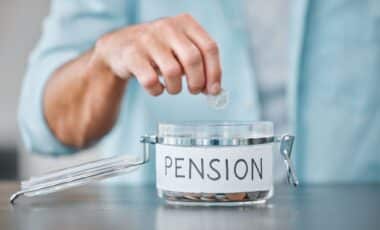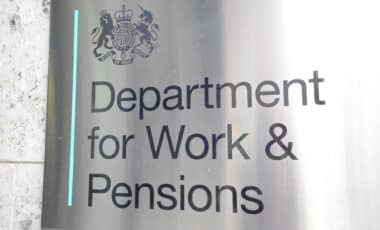The Winter Fuel Payment, a lifeline for millions of UK pensioners, may be increased to £375 following a policy u-turn by the Department for Work and Pensions (DWP). Pressure is mounting on the Labour government to match energy inflation with higher winter support payments.
With energy prices continuing to affect older residents on fixed incomes, financial analysts argue the current £200–£300 payment no longer adequately reflects household energy costs. The benefit’s eligibility criteria may also shift, extending help to more pensioners previously excluded.
DWP Reversal Extends Access to Nine Million Pensioners
A recent change in the DWP’s approach means that up to nine million pensioners could now qualify for Winter Fuel Payments.
According to Money Saving Guru founder Tom Blake, expanding eligibility to include individuals earning up to £35,000 annually offers a fairer model compared to the former system, which relied on Pension Credit claims. He highlighted that many pensioners miss out on benefits due to non-application or lack of awareness.
Blake explained that the new threshold targets those on “modest or middling incomes,” potentially capturing a larger share of the retired population facing financial strain during winter.
He also noted that single pensioners living in high-cost areas are often more exposed to rising heating bills.
“There’s also a case for considering household circumstances as single pensioners in high-cost areas can be disproportionately impacted.” he said, suggesting community charities could help identify vulnerable cases at risk of being overlooked.
The new policy direction reflects a wider push for responsive and evidence-based support frameworks, especially amid the UK’s ongoing cost-of-living crisis. Advocacy groups have consistently urged for updates to eligibility mechanisms, citing underutilisation of key benefits by the elderly.
Calls Grow to Link Payment Level With Energy Inflation
The proposed increase of the Winter Fuel Payment to £375 has drawn support from personal finance specialists who warn the current flat-rate system may soon lose relevance. According to Blake, a 20–25% uplift during high-cost years would allow the payment to retain its real-world value.
“The payment should rise in line with energy price increases,” he stated, warning that a static benefit risks becoming “a token gesture” rather than a functional support tool. He described the current situation as a “useful lifeline” that needs structural reform to maintain its efficacy.
Meanwhile, Scottish National Party (SNP) politician Dr Alasdair Allan criticised the lack of accountability following the policy shift, referring to the rollout as a “fiasco”.
“Whilst this adjustment is one most people will rightly welcome, I think the lack of an apology from the UK Government for this botched policy is shameful. This U-turn also gives me concerns that the Labour Government will make cuts elsewhere to balance the books, similar to what they’ve already done to the disabled.” he added.
According to him, any rise in payment must not come at the cost of cuts to other vulnerable groups. In Scotland, local branches have voiced frustration over the handling of the scheme, echoing calls for greater transparency and consistency in future support distribution.









